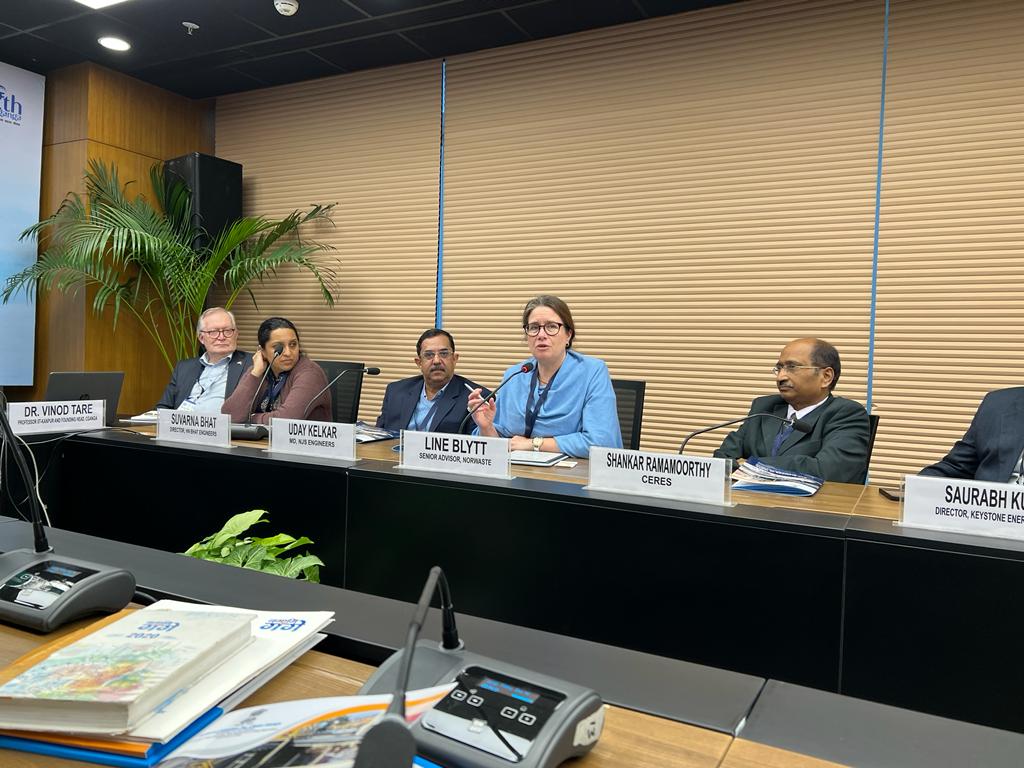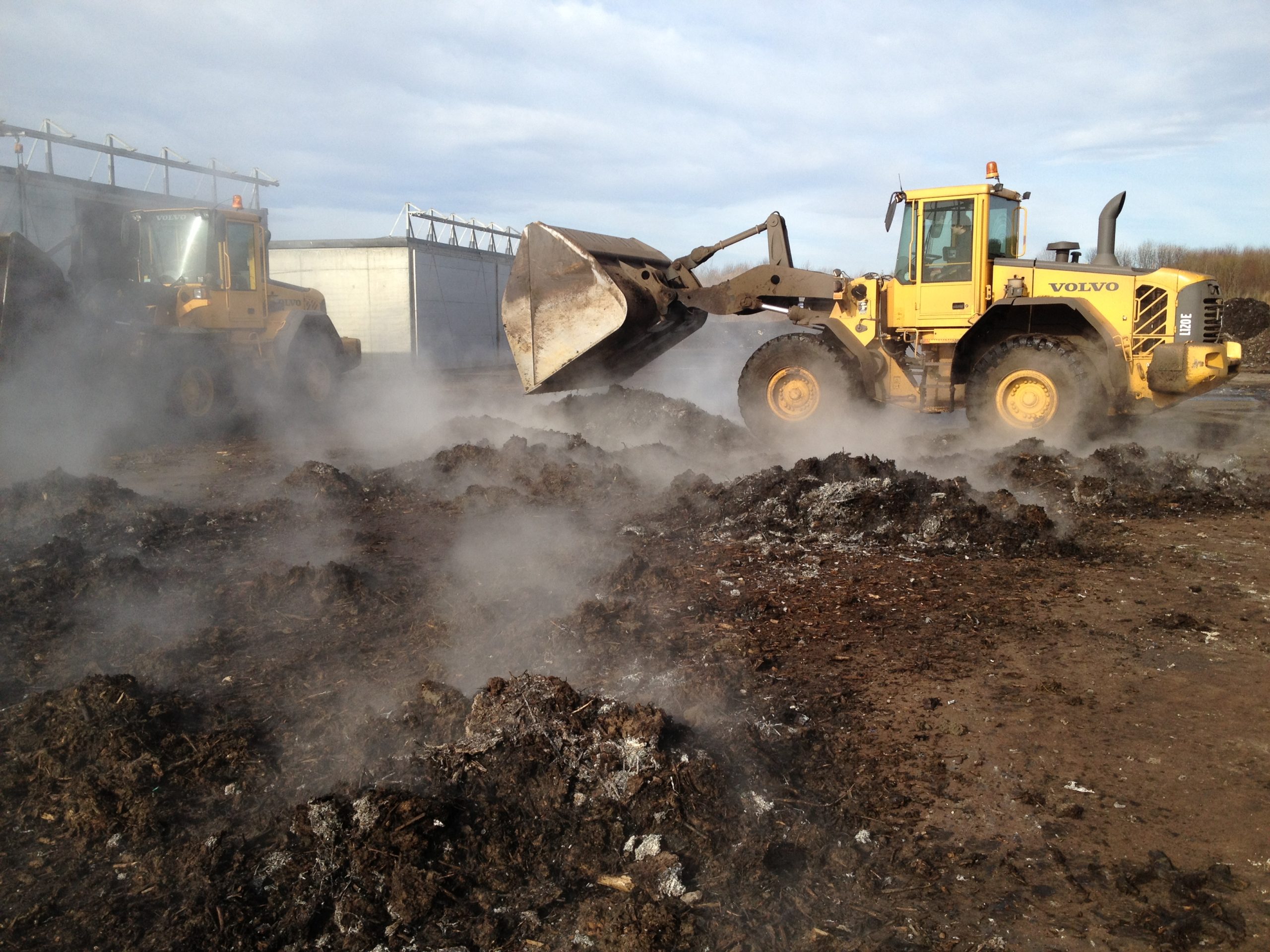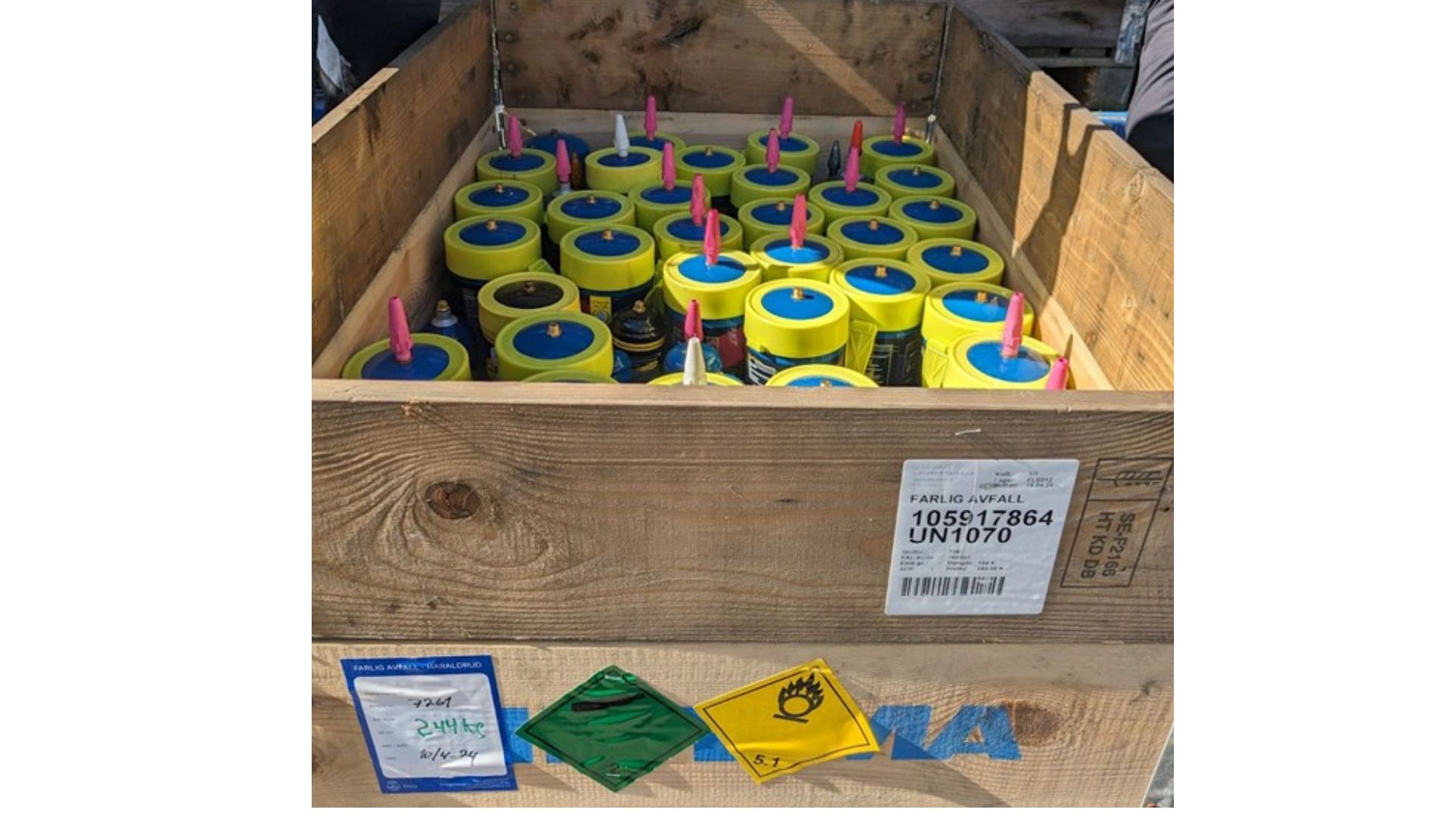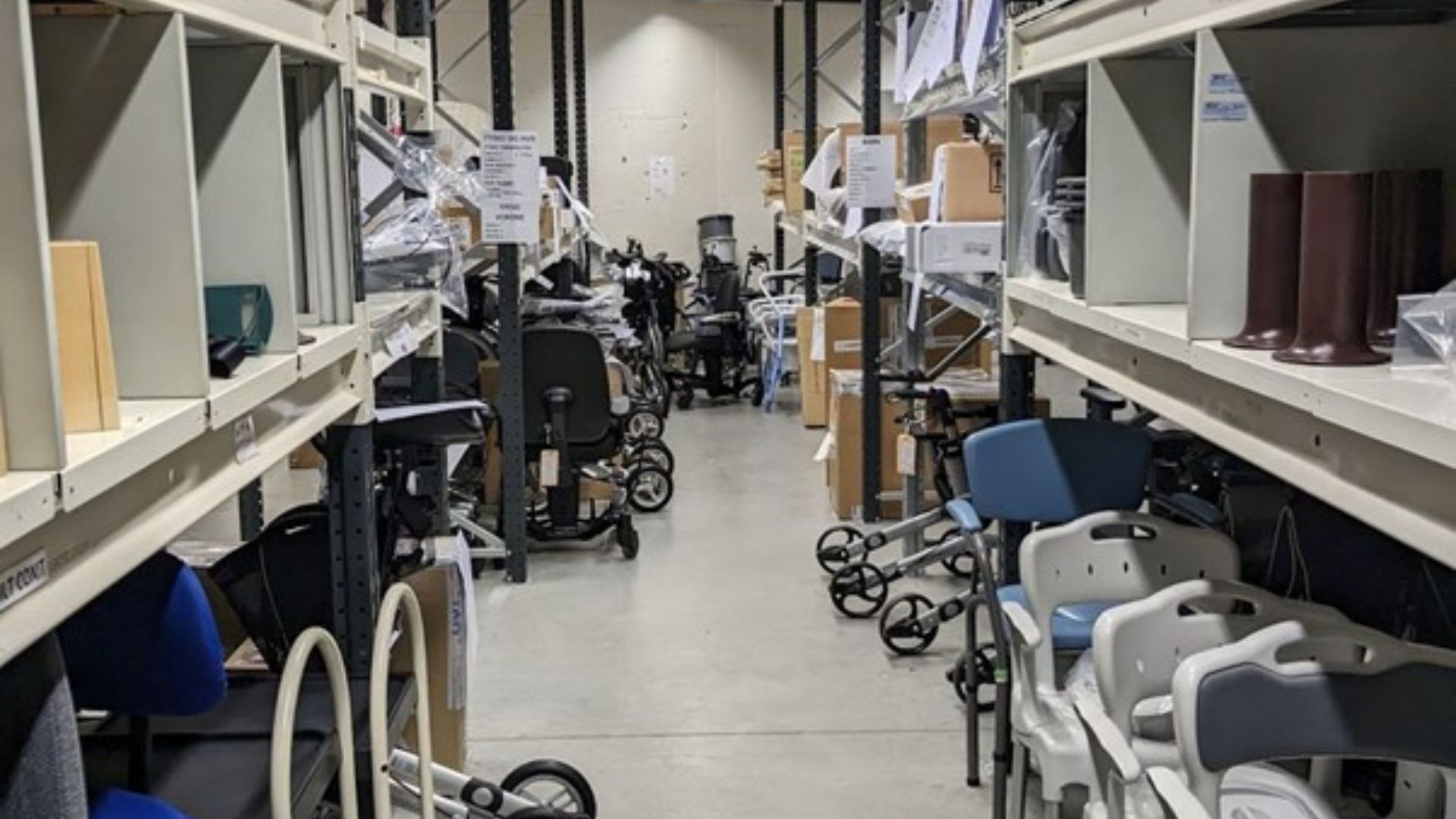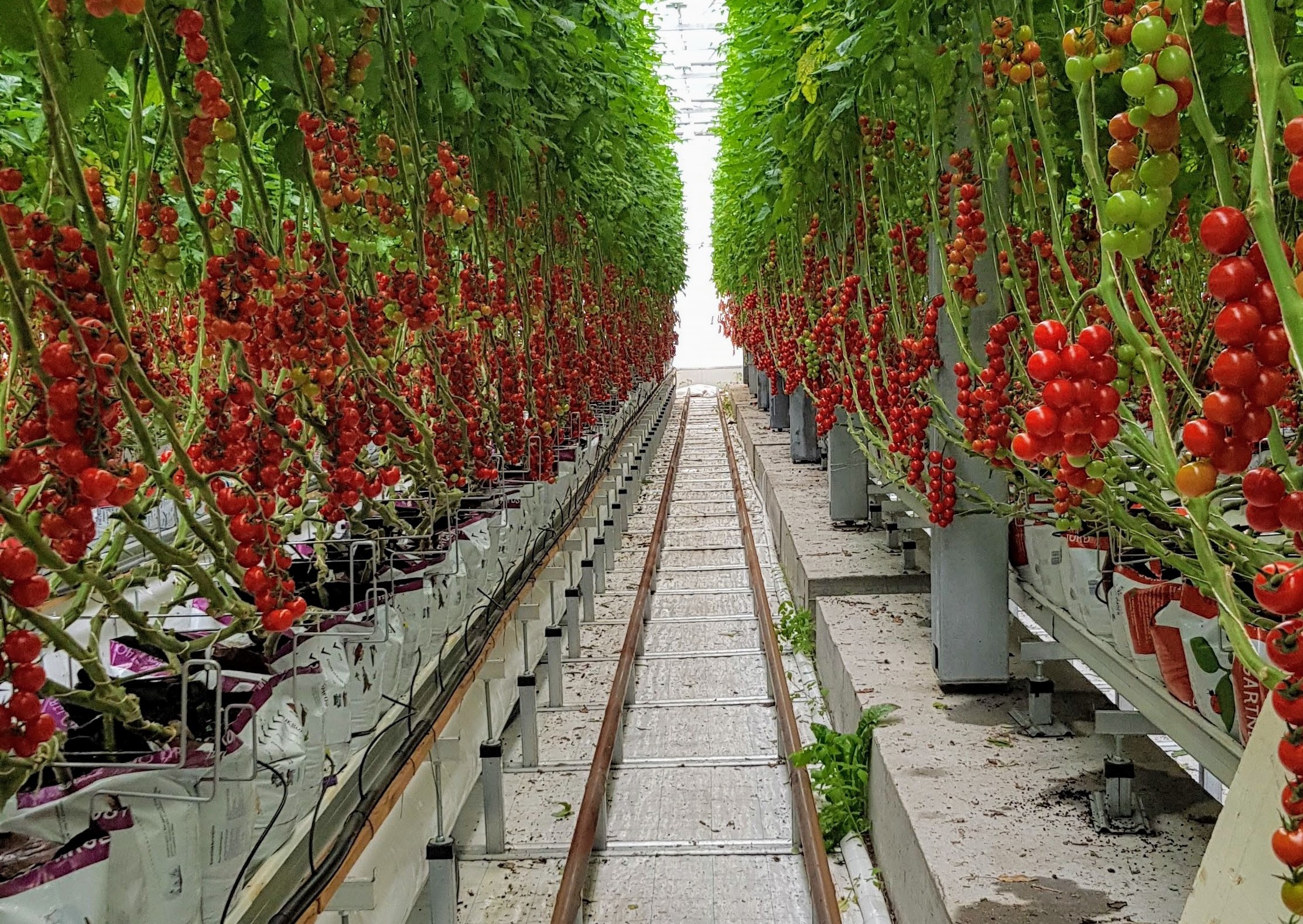India has a significant national project called "Namami Gange Programme" with a mission to achieving two primary goals for the Ganges River. One is the effective reduction of pollution, and the other is the conservation and rejuvenation of the Ganges River. To reduce pollution, the focus has been on establishing efficient sewage treatment plants. Regulations in India have been implemented, setting emission limits on par with European standards. However, as a result of sewage treatment, a byproduct, namely sewage sludge, is produced, with less attention given to its management compared to the establishment of treatment plants.
Norwaste has contributed to the significant national project in India, specifically in sewage sludge treatment and biosolids management, funded by Norad. In the second phase of the project, we led a consortium comprising engineers from NJS Engineers India Pvt. Ltd. and Arkatap Technology And Innovations Llp. The project assessed three different state-of-the-art sewage sludge anaerobic treatment methods, pasteurisation, temperature phased anaerobic digestion (TPAD) and stem explosion also called THP. and three potential downstream solutions for sewage sludge in India, examining the primary cost drivers across the sewage sludge value chain. Portions of the project's results were released in December 2023 by the "Centre for Ganga River Basin Management and Studies" in the report "STP Sludge in India: Strategies for management and potential pathways for implementation." “STP Sludge in India: Strategies for management and potential pathways for implementation”.
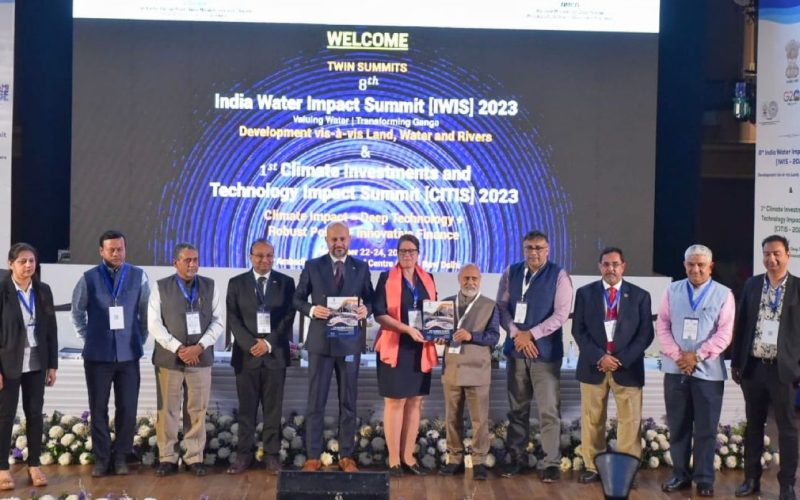
Present are representatives from NJS, the Norwegian Embassy, Innovation Norway, the Centre for Ganga River Basin and Studies (cGanga), and Norwaste.
India has concluded that treated biosolids with low levels of pollutants is a resource as a soil enhancer in agriculture. India is considering compensating farmers for using sludge to increase soil organic content, viewing this as a national welfare scheme. The report highlights the lack of specific regulations in India for the handling, treatment, and storage of sludge. Although current national waste laws provide some requirements, they are inadequate. Odour emission from stored sludge currently causes social issues, and in cities like Delhi and Mumbai, the American regulations are referenced in bids for sludge treatment. India requires comprehensive legislation encompassing capacity, treatment, quality, agricultural use, and dewatering, along with monitoring, intermediate storage, and environmental assessments.
It is further recommended that the government funds the development of sludge management plans for each municipality to achieve the mandated goals and priorities. India is in the initial stages of determining its approach to sewage sludge treatment and biosolids management. What we do know is that when India decides to address a problem, it does so rapidly, given the challenge of solving a problem affecting 1.4 billion inhabitants. Meeting the challenges associated with sludge production from a population of 1.4 billion people requires significant effort. Even though not everyone is connected to sewage treatment plants, there is now a generation of over 3.7 million tons of raw sludge, and India lacks a secure treatment method and efficient handling of this substantial volume.
